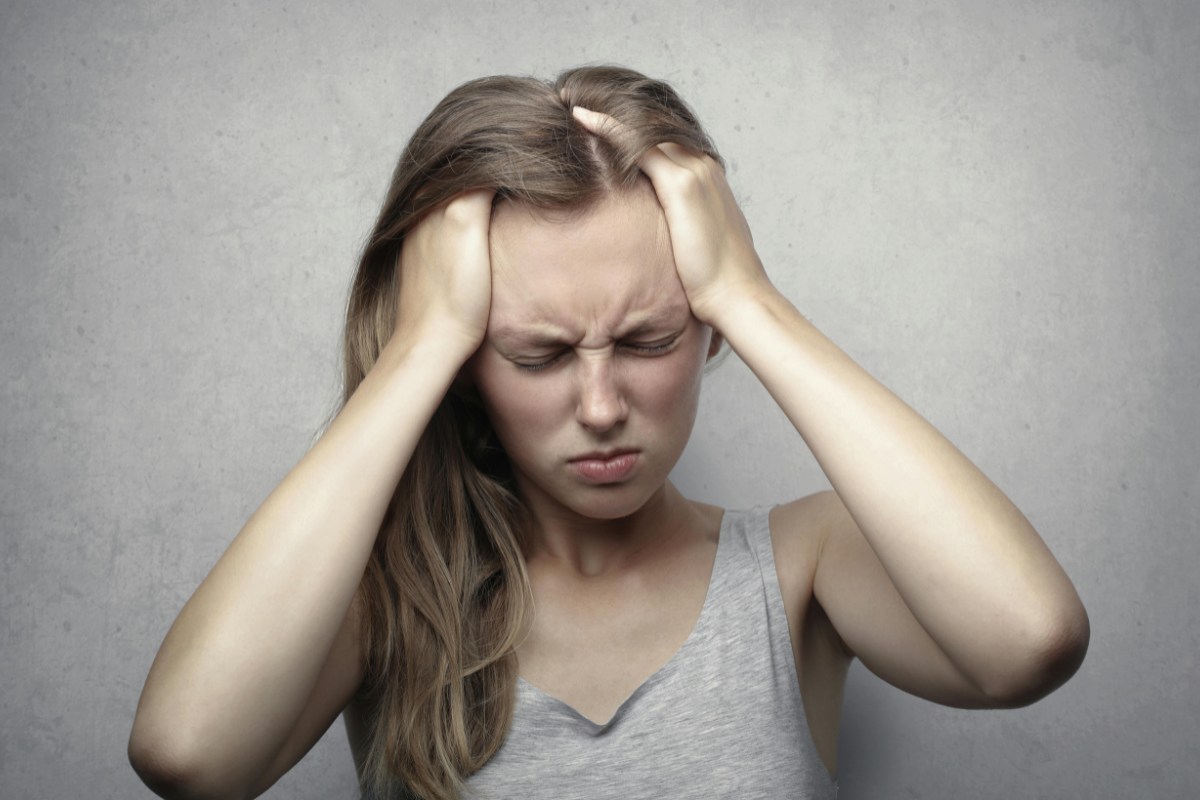
Hypertension in Older Adults: Causes, Symptoms, and Risks

Hypertension in Older Adults: Causes, Symptoms, and Risks
High blood pressure, or hypertension, is a common health condition that affects millions of people. As we age, our risk of developing hypertension increases. Understanding the causes, symptoms, and risks of hypertension is crucial for managing this condition and maintaining good health.
What is Hypertension?
Hypertension occurs when the force of your blood against your artery walls is consistently too high. Over time, this can damage your heart, brain, kidneys, and other organs.
Why is Hypertension Common in Older Adults?
Several factors contribute to the increased risk of hypertension in older adults:
- Stiffening of arteries: With age, your arteries become less flexible, which can increase blood pressure.
- Reduced kidney function: Age-related decline in kidney function can affect blood pressure regulation.
- Medications: Some medications can elevate blood pressure as a side effect.
- Lifestyle factors: Poor diet, lack of exercise, obesity, and excessive alcohol consumption can contribute to hypertension.
Symptoms of Hypertension
Unlike many other health conditions, hypertension often has no noticeable symptoms. That’s why it’s often called the “silent killer.” Regular blood pressure checks are essential for early detection.
Risks of Untreated Hypertension
High blood pressure can damage your blood vessels over time, leading to serious health problems:
- Heart attack and stroke: These are the most serious complications of hypertension.
- Heart failure: Weakened heart muscle due to high blood pressure can lead to heart failure.
- Kidney damage: Hypertension can damage the tiny blood vessels in your kidneys.
- Vision problems: High blood pressure can damage the blood vessels in your eyes.
Risk Factors for Hypertension in Older Adults
Several factors contribute to the increased risk of hypertension in older adults:
- Age-Related Changes: Stiffening of arteries and reduced kidney function.
- Lifestyle Factors: Obesity, physical inactivity, unhealthy diet, excessive alcohol consumption, and smoking.
- Underlying Medical Conditions: Diabetes, sleep apnea, and thyroid disorders.
- Medications: Certain medications can elevate blood pressure.
Managing Hypertension: Steps You Can Take
Controlling your blood pressure is crucial for preventing complications. Here are some steps you can take:
- Regular blood pressure checks: Monitor your blood pressure regularly.
- Healthy lifestyle changes: Adopt a heart-healthy diet, engage in regular physical activity, and maintain a healthy weight.
- Medication: If necessary, your doctor may prescribe blood pressure medication.
- Reduce stress: Find healthy ways to manage stress, such as meditation or yoga.
- Limit alcohol and sodium: Reduce your intake of alcohol and salty foods.
Monitoring Your Blood Pressure at Home
Home blood pressure monitors can help you track your blood pressure between doctor visits. Discuss with your doctor how often to check your blood pressure and how to interpret the readings.
Questions About Hypertension
- Is high blood pressure hereditary? While genetics can play a role, lifestyle factors also contribute to hypertension.
- Can I reverse hypertension? While you may not be able to completely reverse hypertension, lifestyle changes can help lower your blood pressure and improve your overall health.
- What are the warning signs of a hypertensive crisis? Symptoms of a hypertensive crisis include severe headache, shortness of breath, chest pain, and nosebleeds. Seek immediate medical attention if you experience these symptoms.
Conclusion:
Hypertension is a manageable condition. By working closely with your doctor and making healthy lifestyle changes, you can lower your blood pressure and reduce your risk of complications.






















































